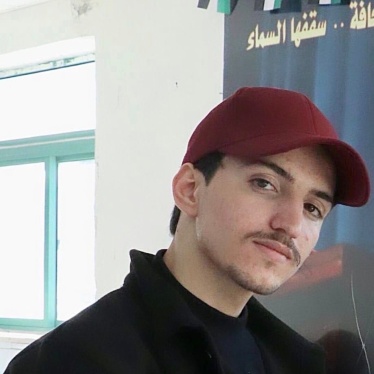When Morocco’s King Mohammed VI visits the White House today, U.S. President George W. Bush should clearly tell the Moroccan leader that the fight against terrorism does not justify backsliding on human rights, Human Rights Watch said today.
“In the wake of the Abu Ghraib abuses, Bush needs to prove that his initiative to promote human rights in the Middle East is more than just rhetoric,” said Sarah Leah Whitson, executive director of Human Rights Watch’s Middle East and North Africa Division. “Bush should clearly tell Morocco’s king that human rights cannot be sacrificed in the name of counterterrorism.”
On May 16, 2003, suicide bombers launched a wave of coordinated attacks in Morocco’s largest city, Casablanca, taking the lives of 45 people and injuring more than 100. After the attacks, the Moroccan parliament passed antiterrorism legislation that unnecessarily compromises basic human rights. The antiterrorism law defines acts of terrorism in an overbroad and sweeping manner, and it extends the number of days persons suspected of terrorism can be held in incommunicado detention.
In the past year, Moroccan security forces have detained thousands of citizens, mostly Islamists, and have started trials against them on terrorism charges. Local and international human rights organizations reported scores of cases in which detainees were alleged to have been tortured and ill-treated, denied basic due process rights, and subjected to expedited and unfair trials. So far, 14 people have been sentenced to death in connection with the Casablanca blasts.
“Last year’s terrorist attacks in Casablanca raised serious security concerns,” said Whitson. “But Morocco’s crackdown on civil liberties is a step in the wrong direction.”
Background:
On May 16, 2003, 12 suicide bombers struck in 5 different locations in Casablanca, causing the death of 45 people (including the 12 bombers) and injuring more than 100. These attacks led to large-scale arrests, and more than 2,000 people who were detained and charged with terrorism offenses.
The antiterrorism legislation and its massive crackdown on Islamists that followed the Casablanca bombings represent a major regression in Morocco’s achievements in ensuring human rights protections and basic freedoms over the last decade.
For example, the antiterrorism legislation extends from eight to 12 days the permissible length of time a detainee can be held in police custody without any judicial review, or access to counsel or family. The law also allows the judicial police, with a prosecutor’s approval, to prevent terrorism suspects from meeting their lawyers for up to 10 days.
In the six years that preceded the Casablanca bombings, Morocco made substantial progress in the protection of human rights. The improvement started in the early 1990s when King Hassan II released hundreds of political prisoners and eased repression of the press and political activity. During the last decade, civil society and the local human rights community have become key players in the advancement and protection of human rights in Morocco. In January, King Mohamed VI inaugurated the Equity and Reconciliation Commission to document abuses perpetrated under his late father, Hassan II, who ruled from 1961 until his death in 1999.
Morocco has been no exception to the global backsliding in the protection of civil liberties and freedoms in the name of counterterrorism. Following the September 11 attacks in the United States, Morocco increased surveillance against Islamic militants and escalated its crackdown of Islamic groups, alleging that they were linked to Al-Qaida.
Last year the United States decided to give Morocco $60 million to assist in the fight against terrorism as well as for development programs. On June 3, the United States granted Morocco the status of “major non-NATO ally” and, on June 15, signed a free-trade agreement with the kingdom.







